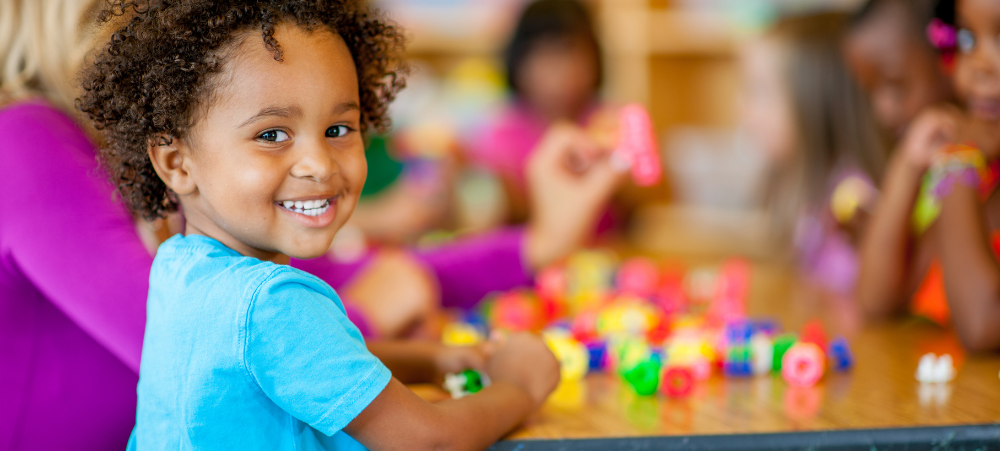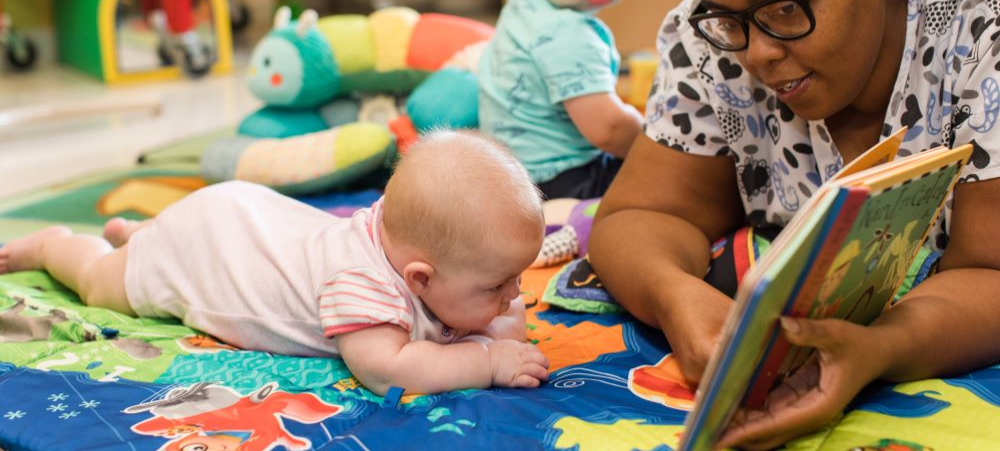In the age of velcro straps and slip-on shoes, the skill of tying shoelaces has been forgotten.
As children enter their foundation phase schooling years, they become more independent with self-dressing. Children should begin to learn to tie their shoelaces between the ages of
5 and 7 years old.
Tying shoelaces requires strong fine motor skills, including; finger isolation, hand-eye coordination, and hand strength. As well as promoting self-confidence and independence.
Learning to tie shoelaces for the first time can be rewarding yet frustrating as children become overwhelmed.
To avoid tears and foster a positive learning experience, follow these simple tips:
- Let your children pick their own shoes; this makes it more exciting and attractive.
- Start practicing with the shoe NOT on their foot. Place it either on a table or on their lap.
- Choose a time during the day when you won’t be rushed. After school as opposed to during your morning routine and do this daily!
- Show your child your own shoes while they practice along with their own shoe.
- To avoid confusion, practice one step at a time. Master the first step before moving into the next.
- Choose a method and stick to it. Whether it be the traditional method or the ‘bunny ear.’
Method.
- Avoid using left and right unless your child is aware of and is adept at using these terms.
- Instead, use stickers or different coloured laces, then use the terms sticker or nonsticker,or red and blue lace.
- Most importantly, have patience and remain calm. Tying shoes requires many advanced.
Skills.
Enjoy this learning experience with your child. This is an important milestone in their lives and a life skill they will never forget.
Junior Colleges is a pre-school group consisting of 5 stunning schools situated throughout Gauteng. We are proud members of the ADvTECH school's division. Our schools cater from babies to Grade 0 and are open from Monday to Friday, from 6 am-6 pm with an interactive and exciting holiday program included. Our schools have beautiful safe and shaded playgrounds and large well-lit classrooms with state-of-the-art facilities. Along with the full EYFS/ISASA curriculum, Time2read, digital literacy, creative play, and Edtech, weekly gross-motor lessons and music therapy are incorporated into their daily routine and included in the school fees. At Junior Colleges we believe in holistic development and creating a fun, safe space where children can learn through play-based activities, to develop emotionally, academically, socially, and physically.
Latest posts by Junior Colleges (see all)
- SCREEN TIME AND ITS’ EFFECT ON LANGUAGE DEVELOPMENT - March 15, 2024
- Is your child a bully? - March 12, 2024
- Emotional and Social Milestones of a 6-year-old - October 17, 2023
Post Views: 32,852





